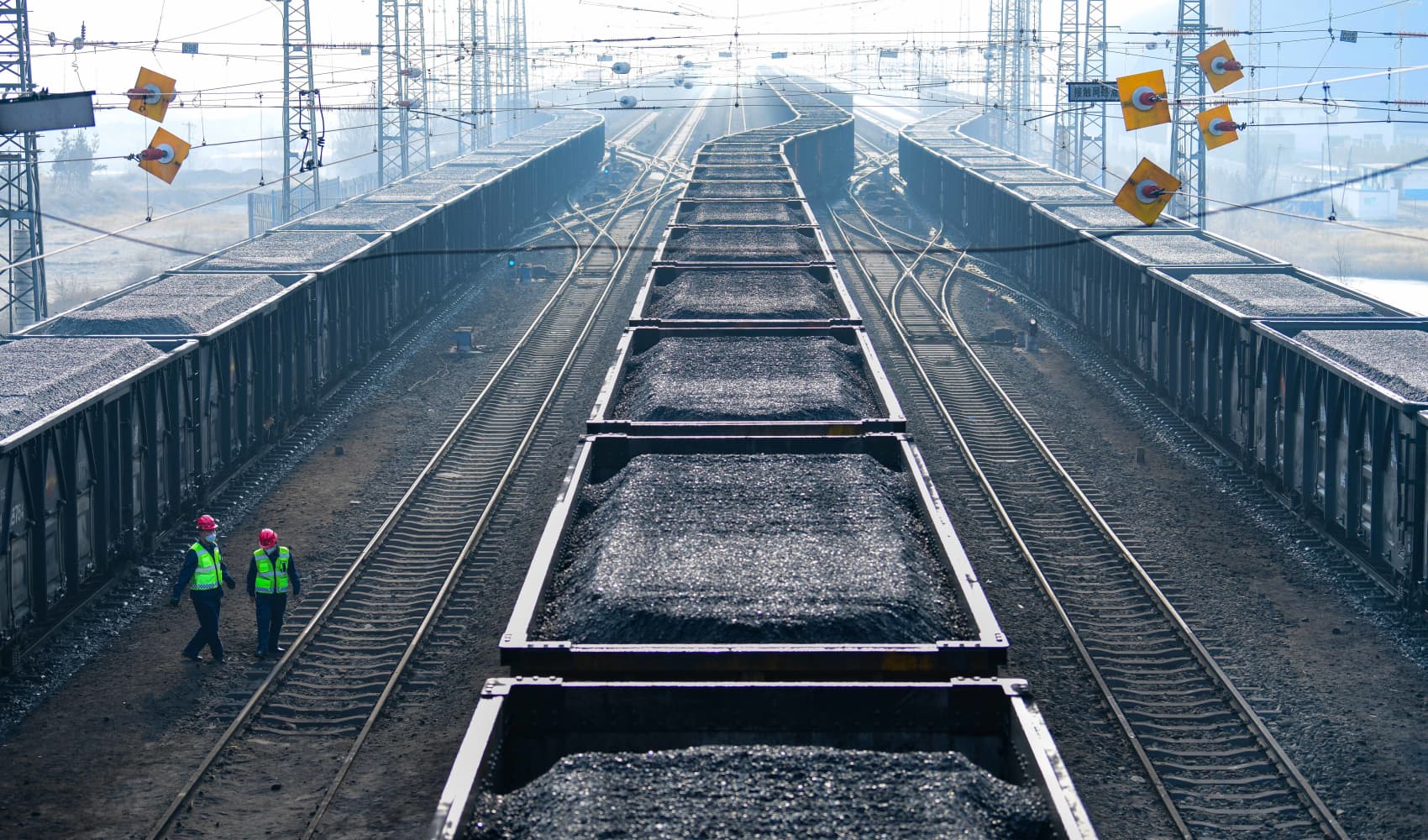
- After 25 years of talks, the European Union and five Mercosur countries (Brazil, Argentina, Paraguay, Uruguay and, newly, Bolivia) reached a highly anticipated trade agreement on Dec. 6.
- France and Poland are among those to have expressed opposition to the deal, warning it could create unfair competition for European agriculture.
- Analysts at Dutch bank ING said the significance of critical raw materials like lithium seemed to be "making less headlines" in the coverage of the free trade agreement, despite the metal's importance to Europe's economic future.
The strategic importance of lithium is likely to have played a major role in the European Union's blockbuster deal with Brazil, Argentina and three other South American countries, analysts say.
After 25 years of talks, the EU and five Mercosur countries (an alliance which includes Paraguay, Uruguay and, newly, Bolivia) reached a highly anticipated trade agreement on Dec. 6.
If ratified by the 27-nation bloc, the EU- Mercosur partnership will create one of the world's biggest free trade zones, covering an estimated area of more than 700 million people and representing roughly 20% of global gross domestic product.
Get top local stories in Southern California delivered to you every morning. >Sign up for NBC LA's News Headlines newsletter.
The European Commission, the EU's executive arm, said the trade deal is designed to increase bilateral trade and investment, lower tariff and non-tariff trade barriers, create more stable rules and promote joint values, such as sustainable development.
Not everyone is in favor of the agreement, however. France and Poland are among those to have expressed opposition to the deal, warning it could create unfair competition for European agriculture.
Analysts at Dutch bank ING said the significance of critical raw materials like lithium seemed to be "making less headlines" in the coverage of the free trade agreement, despite the metal's importance to Europe's economic future.
Money Report
"That's surprising, given that a) the EU is very dependent on China for critical raw materials, b) countries like Argentina, Bolivia and Brazil hold large reserves of some of these critical raw materials and c) EU demand for these materials is expected to massively increase," analysts at ING said in a research note published Friday.
"It may be difficult to quantify the exact economic value of having better access to these materials through closer ties with Mercosur, but we believe this particular element carried a lot of strategic weight for the EU [Commission] when striking the deal – especially as diversification or sourcing and securing supply is currently top of mind," they added.
Read more
A new Chile? Argentina is at the epicenter of a new ‘white gold’ rush
How oil-rich Arkansas became a hotbed of lithium mining
Lithium giant Albemarle halts Australia plant expansion, reviews costs on weak lithium prices
Lithium, sometimes referred to as "white gold" due to its light color and high market value, is regarded as a critical component to the shift away from fossil fuels. It is commonly used in electric vehicles, cellphones and rechargeable batteries for laptops.
Latin America is estimated to supply roughly 35% of the world's lithium, according to the International Energy Agency, with Chile (26%) and Argentina (6%) leading the way. The region is estimated to hold more than half of global lithium reserves, mainly located in Argentina (21%) and Chile (11%).
Lithium 'essential for key industries'
European Commission President Ursula von der Leyen described the EU-Mercosur trade deal as a "win-win agreement" that can save EU companies 4 billion euros ($4.24 billion) worth of export duties per year.
Meanwhile, Kaja Kallas, the EU's foreign policy chief, singled out the importance of access to critical raw materials in her statement on the trade deal.
"For Europeans, it opens up a vast region to freely trade with, including access to critical raw materials, and diminishes the risk of competitors replacing us in our absence," Kallas said on Friday.

For Federico Steinberg, a visiting fellow with the Europe, Russia, and Eurasia program at the Center for Strategic and International Studies, a prominent U.S. think tank, three factors made a deal possible after quarter of a century of stalled negotiations.
These were the rise of protectionism, "exemplified by Donald Trump's reelection," the fact that Brazil's President Luiz Inácio Lula da Silva and Argentina's Javier Milei were strong advocates for a deal and "important strategic considerations on the EU side," such as ongoing concerns regarding the rapid expansion of Chinese trade and investment in Latin America.
Under the terms of the agreement, Steinberg said European firms were likely to gain better access to public procurement markets, high-value service sectors and critical raw materials, like lithium.
"In return, the European Union will reduce tariffs on agricultural products and other goods and contribute EUR 1.8 billion through the Global Gateway initiative to support Mercosur's green and digital transition," Steinberg said in a note published Friday.

While some in Europe remain unhappy about the proposed terms, the EU- Mercosur trade agreement was warmly welcomed by the Federation of German Industries (BDI), an umbrella group of German industry-related service producers that employs around 8 million workers.
"The EU-Mercosur trade agreement presents an enormous opportunity to diversify access to critical raw materials such as lithium and copper, which are essential for key industries such as electromobility and renewable energy," the BDI said in a statement on Dec. 6.
"In times of growing global trade fragmentation, this trade agreement sends a clear and strategic message in support of free and rules-based trade," they added.






